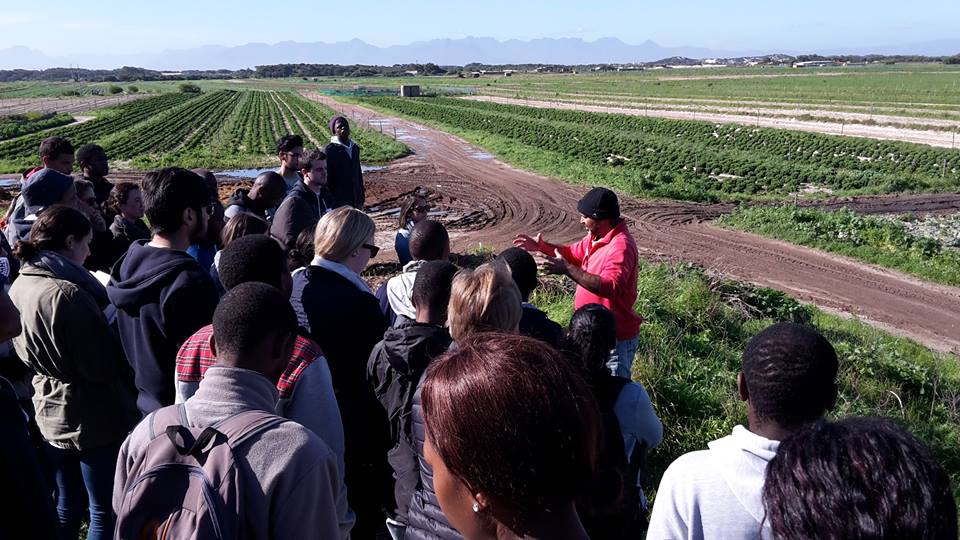
In an increasingly divided world where the gap between poor and wealthy nations is ever increasing, the call is for ‘engaged citizens’ who can respond to pressing global concerns and address local realities. In light of this, we would like our graduates – as citizens – to be prepared to think and act in new ways: thinking and acting that is aimed at problem-posing and critical reflection, linked to understanding and improving the lives of communities, locally and globally.
The term ‘social infrastructures’ refers to the facilities and mechanisms that support the establishment of services like education, health care, community development and social welfare. We could therefore say that the ‘social infrastructure’ of the city is reflected in the relationships between people and the infrastructure, in particular, in access and use of infrastructure; the infrastructure in other words, has a social life. Finally, the concept of ‘social’ implies that development and any other form of ‘service’ cannot be looked at without considering the needs of people, of communities.
We therefore need to ask questions of students as future engineers or professionals, and as citizens. How do our past and present experiences relate to these issues? How are we going to develop our own responses to meeting the challenges presented by inequality and the growing gap between rich and poor? What concepts and ideas will aid our understanding? What strategies can we use for engagement with communities?
This course ‘Social Infrastructures’ (SI) has been designed with these issues in mind. Through an approach to learning that combines classroom-based learning with community-engaged, experiential learning the course provides a space to ask questions, to reflect and to develop views on these issues.

Course Outcomes:
At the end of this course, students will have had an opportunity to:
- Gain a preliminary understanding of some key concepts and issues linked to social infrastructures;
- Engage with off-campus communities as part of an experiential learning process;
- Gain a broad understanding of some of the constraints and resources of marginalized communities and the importance of power relations and reciprocity;
- Understand the importance of critical reflection and its role in helping students as emerging professionals and as citizens, understand the complex contexts of social infrastructure in local and global communities.
Overall, it is hoped that students will leave the course more socially aware, reflective and with some understanding of the many challenges facing cities in the context of inequality. Students will constantly be asked to think critically about an issue, drawing on both their own experiences as well as on what others have said and written about it. Through this process of learning, active listening, critical thinking and engagement, we hope students will find a voice to locate their views on the relationship of people to infrastructures in contexts of extreme inequality - as students, as emerging professionals and as citizens.
In 2018, Social Infrastructures was divided into two parts, with the first part introducing students to concepts and processes of learning and engagement with off-campus constituencies in ways which are authentic and ethical, while the second part zoomed in on a series of challenges facing cities and communities which are important for all graduates to think about in the 21st century. Themes on the 2018 course included:
- Cities, Infrastructure and Social change
- Water and Sanitation
- Climate Change & Transformative Adaptation
- Urban Food Security
- Urban Transport
- Infrastructure and Disability
